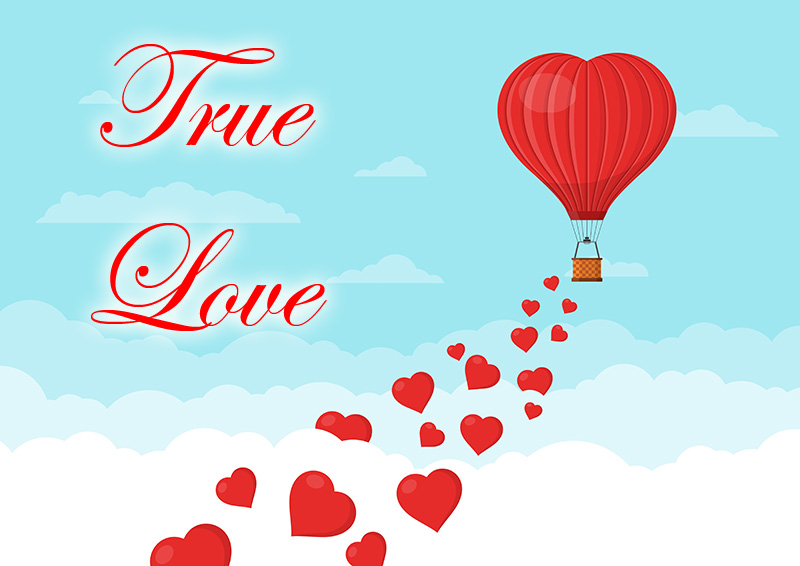Aging, in many ways, has caused me to look at myself with wry amusement.
The creaks and groans. When it takes longer to rest than to get tired. When children I taught have their own kids going off to college. When pulling an all-nighter means not getting up to pee.
For most of my life, I was younger than everyone else around me; always a year younger than others in my grade at school, the youngest of my cousins, younger than almost everyone else in my graduate school class. Now, in many situations I am one of the oldest, if not the oldest person in the room. This amuses me. In the classic three stages of womanhood — maiden, mother and crone — I have become the crone. I honor and embrace my crone-ness.
Advancing age has brought on what I have called the “Never Again” effect. It’s a moment when you come to the realization that you have probably experienced a certain thing for the very last time in this life.
It’s not so much about deciding not to do something ever again. This is more about the realization that you will never have the opportunity again, even if you wanted it.
We all have a private bucket list of things we want to accomplish or experience in this life. “Just once before I die, I want to…” My bucket list included, among other things, five musical works that I wanted to sing at least once. It didn’t seem an unreasonable goal, as I was a member of two professional vocal ensembles that might have done any of those works. But age eventually got the better of my voice, and my singing career ended before I was able to sing any of those five works. No amount of effort or determination will restore my ability to sing. Physiology is what it is. Aging happens. I realized one day that I will never again be a professional singer. I will never again have that opportunity. That was hard to accept. I had spent most of my life in pursuit of, and immersed in that life. It was not easy to think back on the hopes and dreams I had in grad school in my twenties, the energy and optimism with which I embraced the journey, and to realize that now, whatever was going to happen, has already happened. That life is finished. It is over now.
That is just one example. There are many others. A few of them, in the past few days, have been very painful. The number of endings in my life is beginning to outweigh the number of beginnings. I am by no means unique in this. I’m guessing it happens to everyone. But in this journal I can only speak about my own experience.
In young adulthood, with decades ahead of me, the future was an intriguing mystery. With the arrogance of youth, I felt that anything was possible. I could select any path I desired, and pursue it with confidence and hope. Now, in my seventh decade, some of those paths are forever closed to me. I have been blessed with intelligence and ability and have always had a lot of drive to accomplish my goals. It has been extremely difficult to accept that some of those goals now will forever remain unmet.
Sometimes, I say “never again” with a sense of relief. About certain things, I think, thank goodness I never have to do that again. I grow increasingly aware of the things that are a waste of time and energy, and as I grow older and my supply of time and energy shrinks, I’m unwilling to spend any of it on pursuits that ultimately mean nothing.
A few things escape the “never again” effect because no matter how old one is, one can never be certain they’ll never happen again. Who can say for sure that one will never fall in love, or never witness an astounding event? In June 2014 I was pretty sure there would never be another Triple Crown in my lifetime, but the very next year, I was proven wrong. Sometimes you just never know.
But the list of assured “never again” grows longer with each year. It’s increasingly unlikely that I will ever be wealthy, own a nice home, have children, travel to far off lands, learn to sail, buy a new computer, etc. etc. My limited resources, my dingy little apartment, my solitary life, my physical limitations… this is it. This is what I get to have now. Whatever I have now, is what I’m going to have from now on. My ability to change it has diminished.
Should I mourn? Or celebrate?
There was a time when I had ambition. I had the vision of a hopeful future, and the energy to make it happen. Gradually, life’s defeats and disappointments took their toll.
Now, where once I had vision, I have understanding. Where once I had ambition, I have acceptance.
These are not bad things. Perhaps they add up to that elusive quality called “wisdom.”
I can no longer chase a bucket list of accomplishments I will never achieve. But I can love the people who are given to me to love. I can no longer sing as I once did. But I can embrace moments of joy and laughter.
I can’t escape the storm of passing time. But maybe I can learn to dance in the rain.











